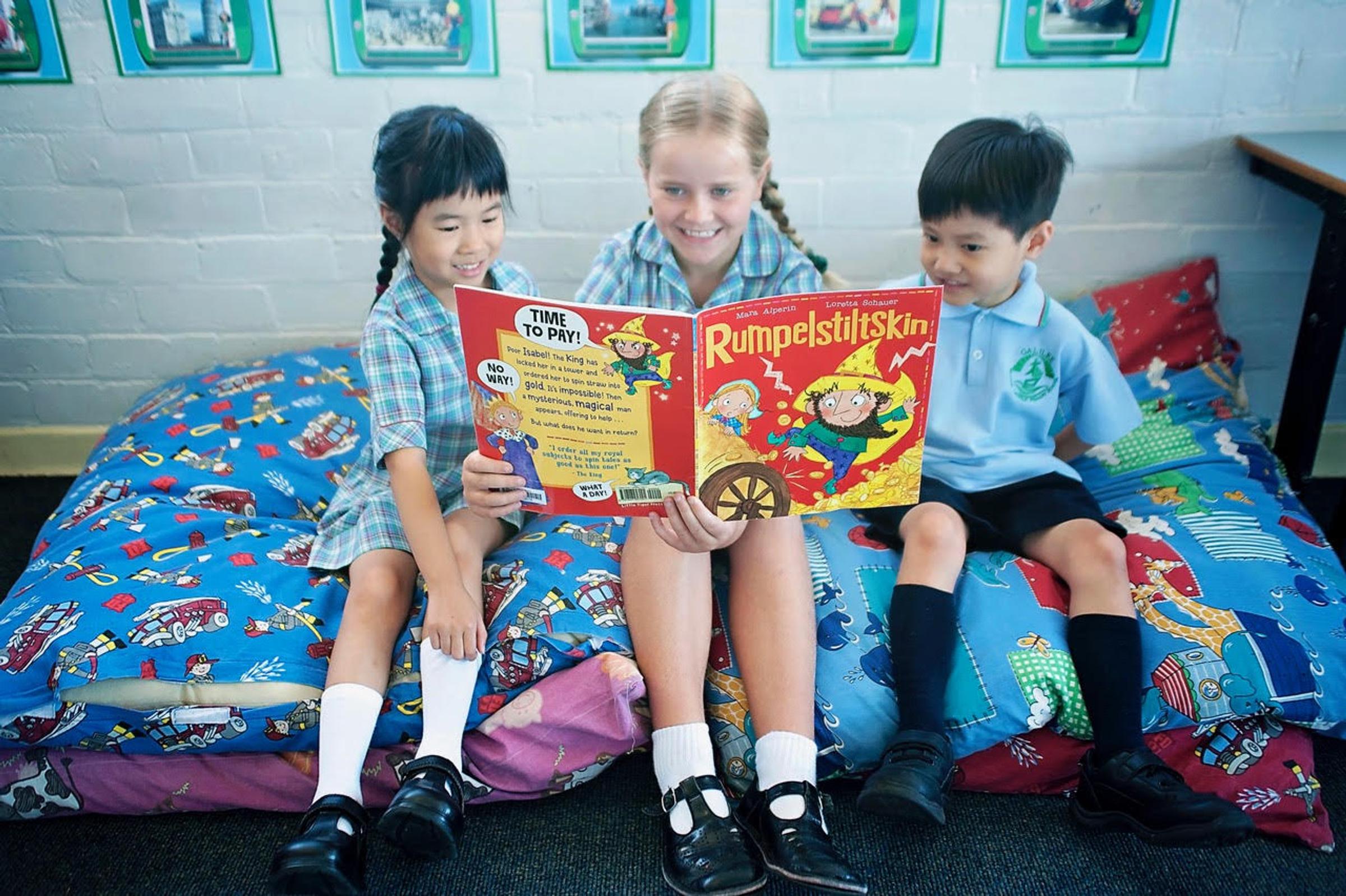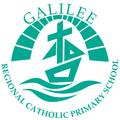Learning and Teaching

Excursions
The focus in STEAM for this term is Sustainability and many of the year levels have participated in excursions related to the topic. The Year 2's went on a local walk to the South Melbourne Town Hall, the Year 1 and 3 students visited CERES in Brunswick and the Year 6's participated in Puppet Trash at the Docklands (making Puppets from recyclable materials).
Lion King Jr Update...
All classes have been rehearsing their song for the Lion King Jr.
Each class has been assigned a song and many classes are singing in different African languages including Zulu, Xhosa, Swahili and Setswana.
Main roles and featured ensemble members are rehearsing with myself most mornings, lunchtimes and some class time. For each of these rehearsals we take a video for the students to rehearse with at home. This means that when we meet again for our next rehearsal, the students are prepared and ready to consolidate and keep working.
In the coming weeks, I will be in touch with parents who have offered to assist. I know we all live very busy lives, so I appreciate you for putting your hand up to help.
The enthusiasm shown by the all students has been overwhelming, leaving me with goosebumps after many classes and rehearsals.
Here’s a few sneak peaks from our rehearsals.
Photo: Tae Yoon in Prep B being my musical assistant during class
Video: 3W and Scar (Jack 4P) singing Be Prepared
Video: 6B and Mufasa (Fabrizio 6B) singing They Live In You
Video: Adult Simba (Eliza 6C), Pumbaa (Geremy (6C) and Timon (Daniel 4P) workshopping Hakuna Matata Pt 2.
Remember:
Thursday 20th September 2018
Firbank Grammar School
Matinee and Evening performance - times TBA.
Hakuna Matata,
Miss Carmen Carnovale
Mathematics
Personalising Student Learning in Mathematics
As parents, we tend to expect that all children in the same year level would be learning much the same thing each week. But this isn’t entirely true.
Schools in Victoria use the Victorian Curriculum to plan student learning programs, assess student progress and report to parents. The curriculum provides a single, coherent and comprehensive set of prescribed content and common achievement standards. It provides an overview of what your child is likely to be learning in Maths each year from Prep to Year 6.
But each school finds ways of delivering the Maths curriculum to children which meet them at their varying points of need. At Galilee, for instance, through careful assessment based on the Learning Framework in Number, we are able to pinpoint the areas of need for each student, and design and implement lessons so that the varying needs of individual children are met within the classroom. Classroom teachers have the flexibility and expertise to target individual learning needs within a class, so that each child is enabled to learn in a personalised manner.
Our teachers use their knowledge, skills, experience and a range of teaching strategies to develop each child’s Mathematical knowledge. They regularly participate in professional development and find new ways to enrich the learning of their students. This year in Mathematics, our focus is on Number, a vital aspect which underlies all other learning in Maths. All of our teachers have been and will be involved in professional learning in this area which will help them to develop further strategies for differentiating their teaching in Maths to meet the needs of children of all abilities in their classrooms.
Parents in Partnership at Galilee
Research indicates that children have the best opportunity to learn and develop in a healthy all-round way where parents and teachers work in partnership. At Galilee, we encourage families to become involved in many ways, such as through the Classroom Help programme and Parent Number Intervention. But you and your extended family can actively participate in your child’s learning and development in a number of ways:
- being involved in your child's learning at home, e.g. shared reading, storytelling, rhymes and songs, helping with homework, visiting museums
- showing an active interest in and valuing what your child does
- being engaged with the school by volunteering to help with activities where possible
- being involved in decision-making activities, such as parent associations and committees, school councils and governance boards.
Follow this link to find practical tips about what you can do at home to help support your child’s education: 74 Ways for Families to Become Partners in Learning.
http://www.education.vic.gov.au/Documents/school/principals/community/ts10helpchild.pdf
If you’d like to become more involved in helping our children to achieve well in Maths at school, please contact me!
Jane Ferris (jferris@gsmelbournesth.catholic.edu.au)
